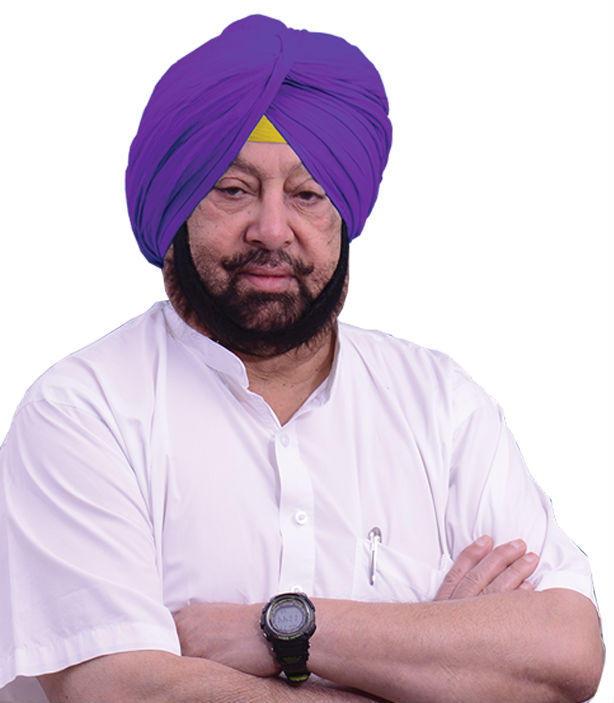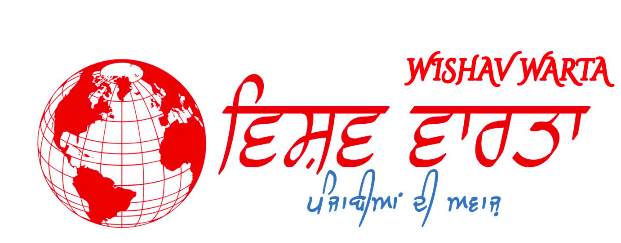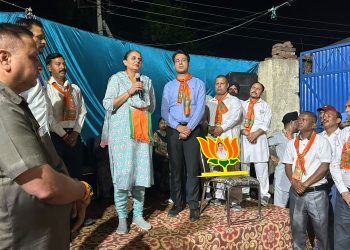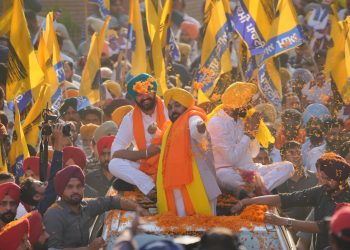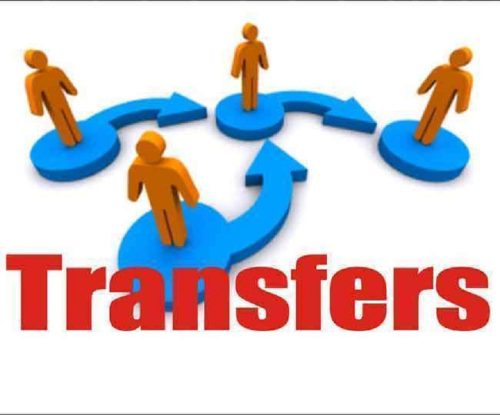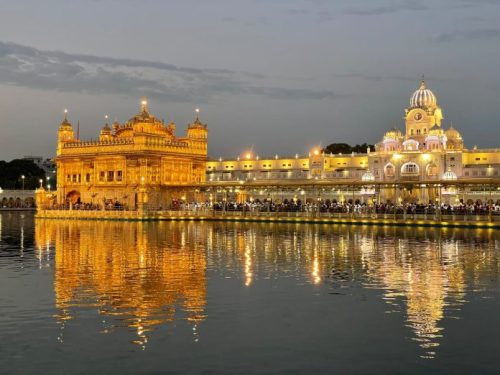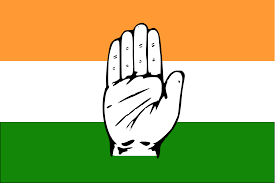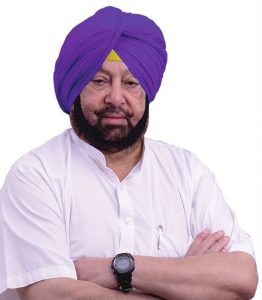 Chandigarh January 6: Punjab Chief Minister Captain Amarinder Singh will on Sunday formally launch the farm debt waiver scheme, which will benefit a total of 5.63 lakh farmers in the initial phase.
Chandigarh January 6: Punjab Chief Minister Captain Amarinder Singh will on Sunday formally launch the farm debt waiver scheme, which will benefit a total of 5.63 lakh farmers in the initial phase.
Addressing a press conference here today, Additional Chief Secretary (Co-operation) DP Reddy and Additional Chief Secretary (Development) Viswajeet Khanna said the government had already identified 5.63 lakh farmers, who had taken loan of nearly Rs. 2,700.00 crores from cooperative institutions as on 31.03.2017, as beneficiaries for disbursement of the debt waiver certificates in the first of the four planned phases for completion of the entire process.
Of these, the process of verification had been completed for 3.20 lakh farmers. As many as 1.60 lakh cases with loans to worth Rs 748 crore had been approved pan Punjab. The symbolic launch event at Mansa will witness disbursement of debt relief certificates to the tune of Rs. 167.39 crore to nearly 47000 eligible marginal and small farmers, who had taken loans from 701 Primary Agriculture Cooperative Societies of the five districts of Mansa, Bathinda, Faridkot, Muktsar and Moga.
Reddy said an extensive plan had been prepared, in association with the Departments of Agriculture and Revenue, for finalisation of the list of eligible farmers. This was being regularly monitored, with emphasis on proper verification and social audit. A web portal had also been launched by the state government to facilitate this exercise.
As per the plan, the entire debt waiver process would be completed in four phases. In the first phase, verified marginal farmers would be handed over the debt relief certificates and the rest in subsequent phases, after proper verification. For eligible farmers who did not have Aadhar cards or, in the case of mismatch of Aadhar card seeding either with banks or revenue records, verification would be done manually for their inclusion in the scheme in the second phase, Reddy added.
After the completion of the second phase, the record of small farmers would be duly verified to enable them for debt relief. Thereafter, if any eligible farmer is left out during any of the earlier three phases for some reason, he would be considered for re-verification to bring him within the ambit of scheme. In case any marginal and small farmer is deprived of debt relief scheme, then he/she can submit his/her representation to the Assistant Registrar of Cooperative Societies or Sub Divisional Magistrate of concerned district, which would be resolved promptly to his/her satisfaction.
Khanna said that loans of farmers taken from commercial and private banks would be settled thereafter under the Debt Relief Scheme-2017 already notified by the State, whereby marginal farmers having land holdings less than 2.5 acres and small farmers having land less than 5 acres, who have taken loan upto Rs 2 lakh, would be provided debt relief.
Khanna also clarified that wherever marginal farmers had availed loans from multiple banks, they shall be further eligible for debt relief for loans taken from Commercial Banks. This would be in addition to the relief being provided against loans taken from Cooperative Banks. The total relief shall, however, be limited to Rs. 2 Lakh.
The instrument of social audit has specifically been incorporated in the scheme to bring in transparency. The lists of the beneficiaries are being displayed at public places in the villages and any objections raised during the social audit would be verified and settled as per the procedure laid down by the Agricultural Department, said Khanna.
Reiterating the Chief Minister’s commitment to the farmers, Khanna underscored that the Mansa programme was aimed at providing debt relief to the marginal farmers whose verification etc had already been completed. The cases of other marginal farmers were being evaluated for verification purpose by the revenue authorities, and will be followed by debt relief to the small farmers who are also eligible under the scheme.
Meanwhile, Khanna also apprised the media that the Chief Minister would also launch a massive development plan for the repair and upgradation of rural link roads having length of about 16000 Kms at a cost of Rs. 2000 crore.
